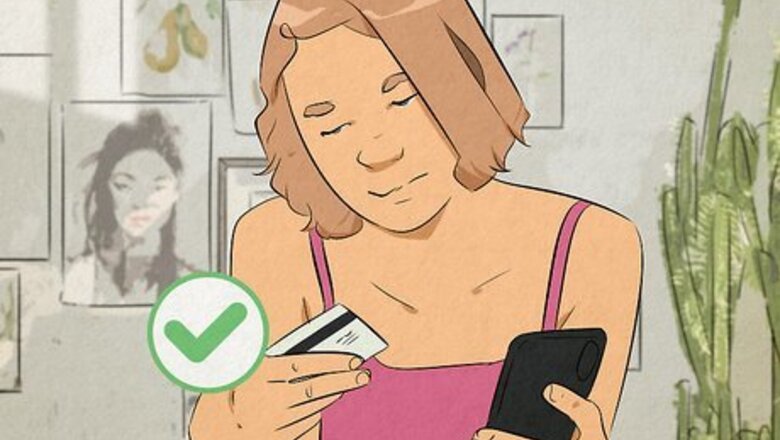
views
- Cash App cancels payments they suspect are fraudulent. Only send payments to reputable businesses and recipients you trust.
- Make sure your Cash App balance and linked bank account have sufficient funds. Also, make sure your debit card is in your name and isn't expired.
- Be sure to verify your ID. Unverified accounts can only send up to $1000 in a rolling 30-day period.
Verify your identity.
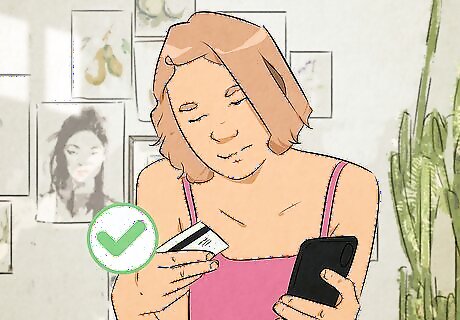
Verify your account. Unverified accounts have a limit on the amount of funds they're allowed to send. If you have not verified your identity, you can only send $1000 in a rolling 30-day period and a total of $1500. Verify your identity to be able to send more funds.
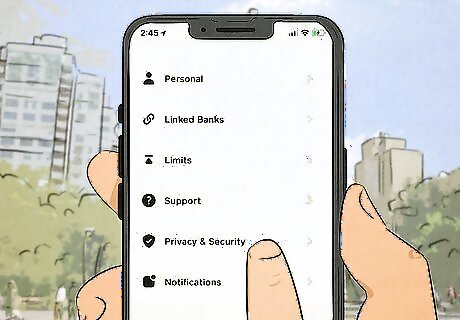
Get the things that you need. To verify your identity, you will need to provide your full legal name, date of birth, and the last 4 digits of your social security number. In some cases, you may be required to provide your full social security number, residential address, a government-issued ID card, and possibly income verification. Use the following steps to verify your identification: Open Cash App. Tap your profile icon in the top-right corner. Tap Security & Privacy. Tap Verify next to "Identity verification."
Only send funds to trustworthy recipients.
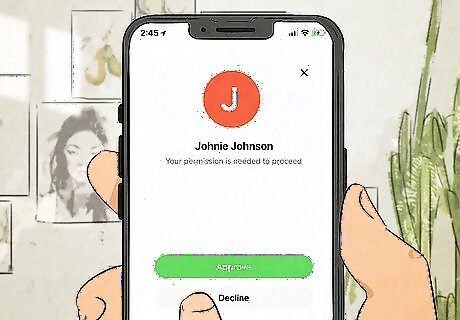
Be careful who you send funds to. Cash App will cancel transactions they suspect are fraudulent. To prevent Cash App from canceling payments, be sure you are only sending payments to reputable businesses and recipients that you trust. Always decline payments from Cash App recipients that you don't know. It could be a scam. Make sure you report any fraudulent transactions as well as notify your bank.
Only use debit cards that are in your name.
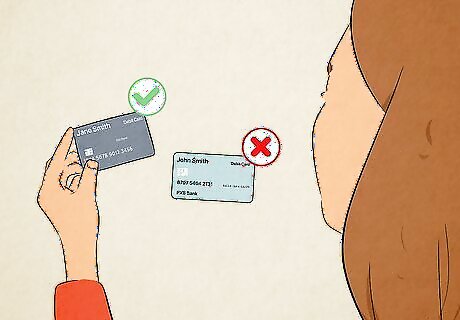
Check the name on your debit card. If you use a debit card that is not in your name, Cash App may suspect it is a stolen or fraudulent debit card. Don't use debit cards that are in someone else's name, even if they permit you to. Only use debit cards that are in your name.
Double-check the payment information.

Make sure you are sending a payment to the correct recipient. Double-check the email address, phone number, or $Cashtag of the recipient you are sending a payment to. Make sure all the payment information is correct.
Make sure you have sufficient funds.
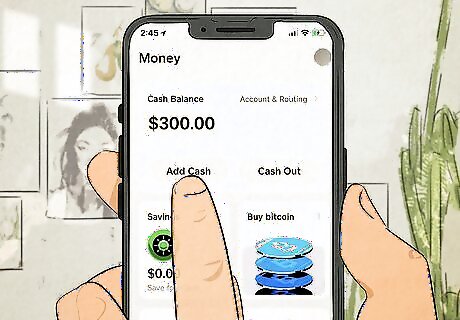
Make sure you have enough money to send the payment. Check your Cash App balance as well as the funds in your linked bank account. If you don't have enough funds, the payment will not go through. If you don't have enough funds you'll need to add some more.
Make sure your debit card isn't expired
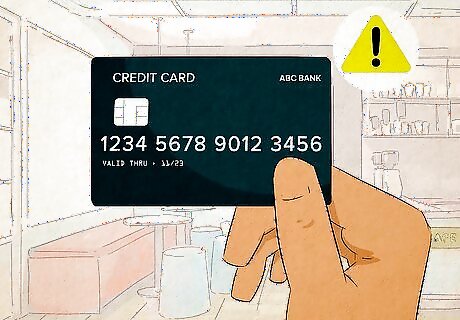
Check the date on your debit card. You can't use an expired debit card on your Cash App account, or anywhere else. If your debit card is expired, be sure to add a valid debit card to your account
Check your internet connection.

Make sure your internet connection is stable. A bad internet connection may be preventing your Cash App transactions from going through. Make sure you have a stable internet connection when sending Cash App payments. Try using a different Wi-Fi network, or use 5G or 4G instead of Wi-Fi.
Contact Cash App.
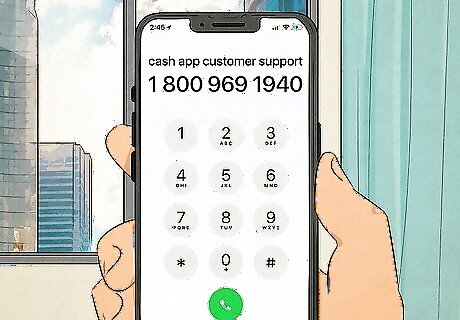
Contact customer support. If you've tried everything and you can't figure out why your payment isn't going through you'll need to contact Cash App. They can let you know if there's a problem with your account and help you troubleshoot. You can call Cash App at 1-800-969-1940.




















Comments
0 comment